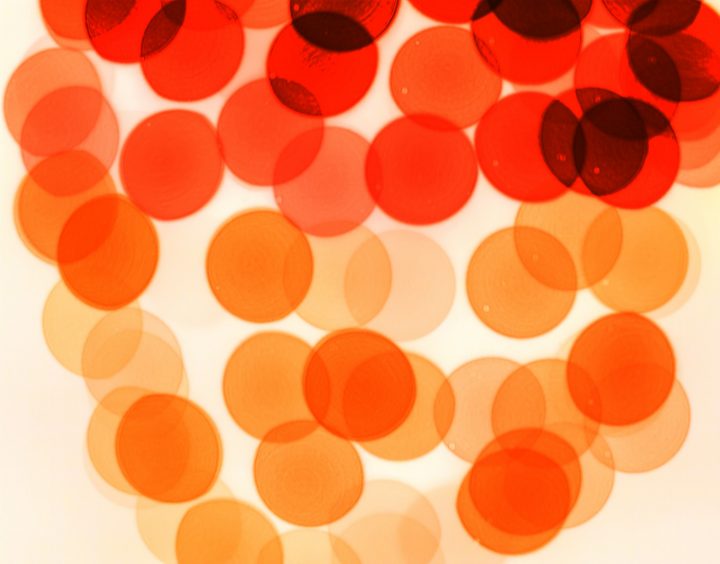Bike Ride Honors Barry Haarde, Who Championed Fight Against Bleeding Disorders
Written by |

Barry Haarde was a tough man to stop. Despite a decades-long battle with HIV and a near-death brush with hepatitis C, he made history in 2012 as the first person with hemophilia to bike across the country.
In fact, he spent the last six years of his life bicycling annually from coast to coast to raise awareness for bleeding disorders and to raise funds to fight them.
That’s why his death on Feb. 17 this year shook the bleeding disorder community in the U.S. and overseas. It especially rattled members of Haarde’s favorite charity, Save One Life, which provides financial assistance to more than 1,600 people with bleeding disorders worldwide.
To honor Haarde, the charity hosted the Wheels for the World Memorial Bike Ride and Picnic in Rye, New Hampshire, on Aug. 12, according to a news release.
About 50 friends and family members from as far as Texas, California, and Colorado participated, riding to the beach where Haarde had made history. After dipping their bicycle wheels in the ocean, they swapped stories about the man they loved and admired.
Six years earlier, Haarde had dipped his front bike wheel in the Pacific Ocean, then spent 50 days riding 3,667 miles through 10 states and Canada. Marking the end of his trek with a rear-wheel dip in the Atlantic, an exultant Haarde turned to Save One Life President Laurie Kelley and said, “Let’s do this again next year!”
He proceeded to ride 16,728 more miles over the next five years, raising more than $250,000 for the charity.
Based in Groveland, Massachusetts, Save One Life provides help through child sponsorships, scholarships, and micro-enterprise grants. It also supports bleeding disorder camps.
Hemophilia is the most common bleeding disorder. It’s a condition where, due to a deficiency in one of 14 blood-clotting factors, blood doesn’t clot effectively. When untreated, bleeds can cause debilitating pain, joint deformities, and even death.
Roughly 75 percent of the 400,000 people with hemophilia globally — most of them in developing countries — get little or no treatment.
Haarde, who had contracted HIV in the 1980s from contaminated blood products that were used to treat his severe hemophilia, and rode his bike after a knee replacement, sponsored Mukesh, a boy in India, through Save One Life.
His companion on his annual cross-country bike rides was a tattered stuffed bear named “DAB,” a gift from his greatest fan, Priscilla Oren of Pennsylvania. Oren was always the first to contribute to his rides.
The event honoring Haarde was sponsored in part by The Alliance Pharmacy. “Barry has been an inspiration to us,” said company president Vincent Fusaro, who has hemophilia.
“He has demonstrated that there are no boundaries to what can be accomplished regardless of our physical limitations. With our deepest respect and admiration, we are proud to have known Barry. It is our honor to celebrate everything he has done,” Fusaro said.
The nonprofit Alliance Pharmacy raises funds for charities that help people manage their chronic diseases, in part by providing medication at little to no cost. It works with hemophilia centers nationwide to coordinate care through consultation with clinical care teams.


